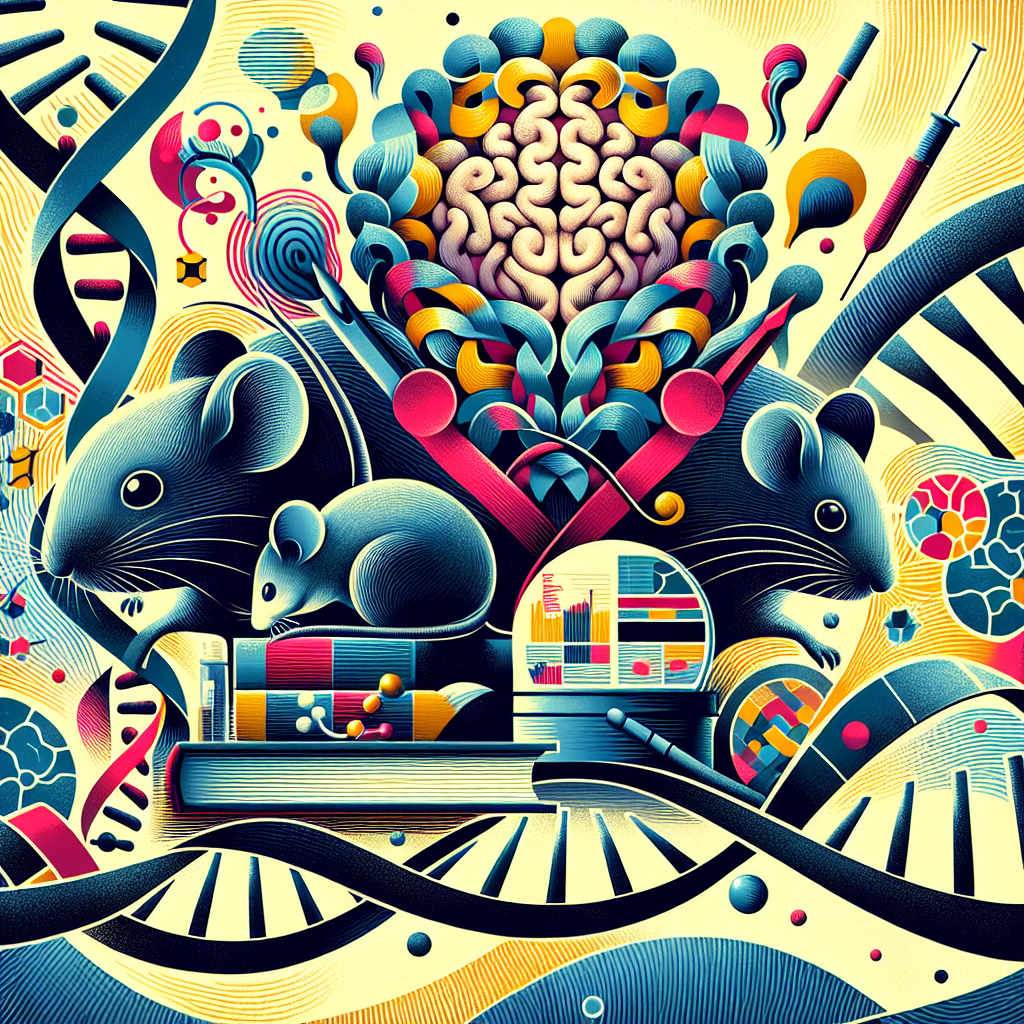Introduction Imagine being trapped in a world where the social norms everyone else navigates with ease are an intricate puzzle you’ve yet to decipher. For individuals with autism, this puzzle often feels unsolvable. Understanding the biological roots of autism, a complex neurological disorder affecting social interaction and behavior, remains a high-priority challenge in psychology and […]
Tag: Medical conditions
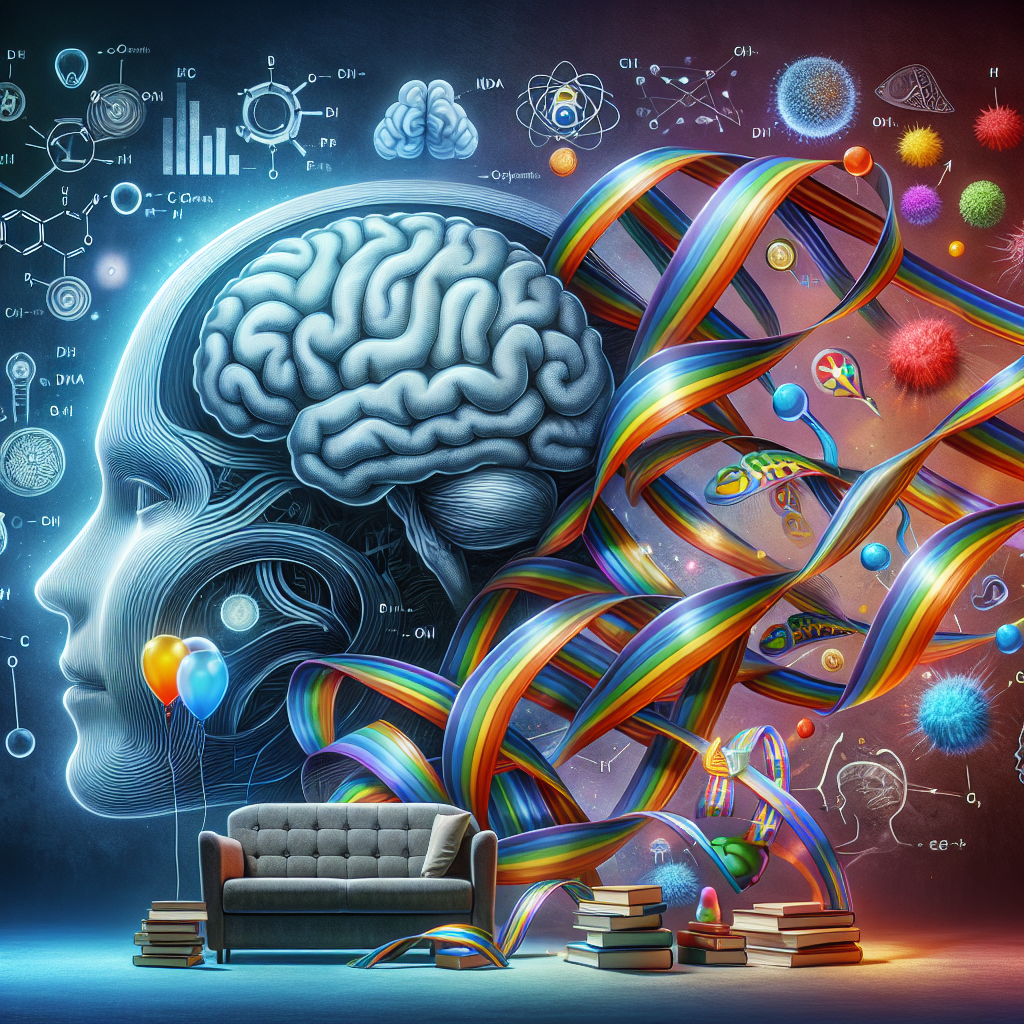
Decoding Depression: The DNA Methylation and ACE Gene Connection
— Introduction: Navigating the Mysterious Labyrinth of Depression Imagine depression as a silent storm, often lurking beneath bright skies, invisible yet immensely powerful. It whispers negative thoughts, colors reality with gray hues, and dampens joy. Why do some succumb to this pervasive mental health condition while others don’t? Could the answer lie deep within our […]
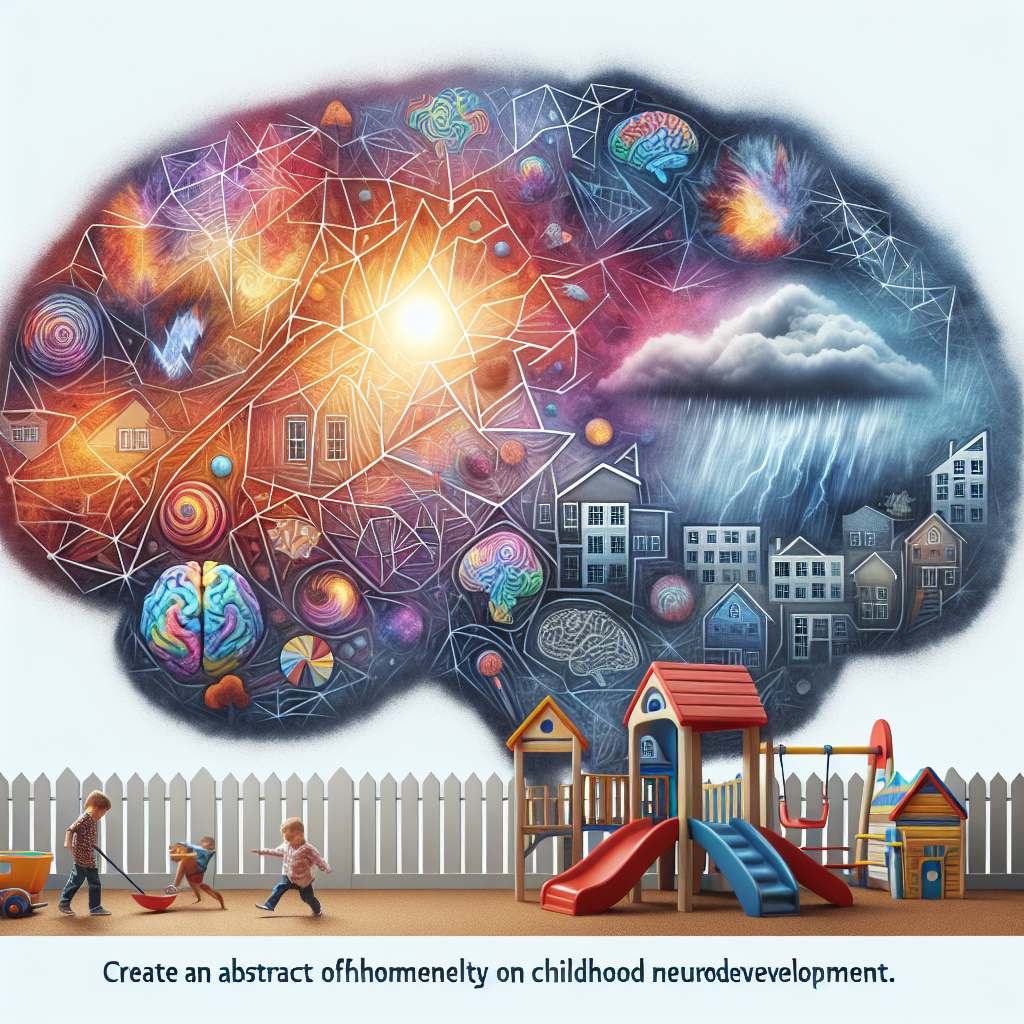
Early Brain Vulnerability in Wolfram Syndrome: Unveiling the Impacts on Childhood Neurodevelopment
Introduction: Unraveling the Mysteries of Wolfram Syndrome Imagine waking up one day to find that everyday skills—ones you’ve always taken for granted—are becoming increasingly difficult. Those managing Wolfram Syndrome (WFS) experience a similar journey, one that begins with subtle challenges and progresses into more profound neurological symptoms. But what if we could understand exactly when […]
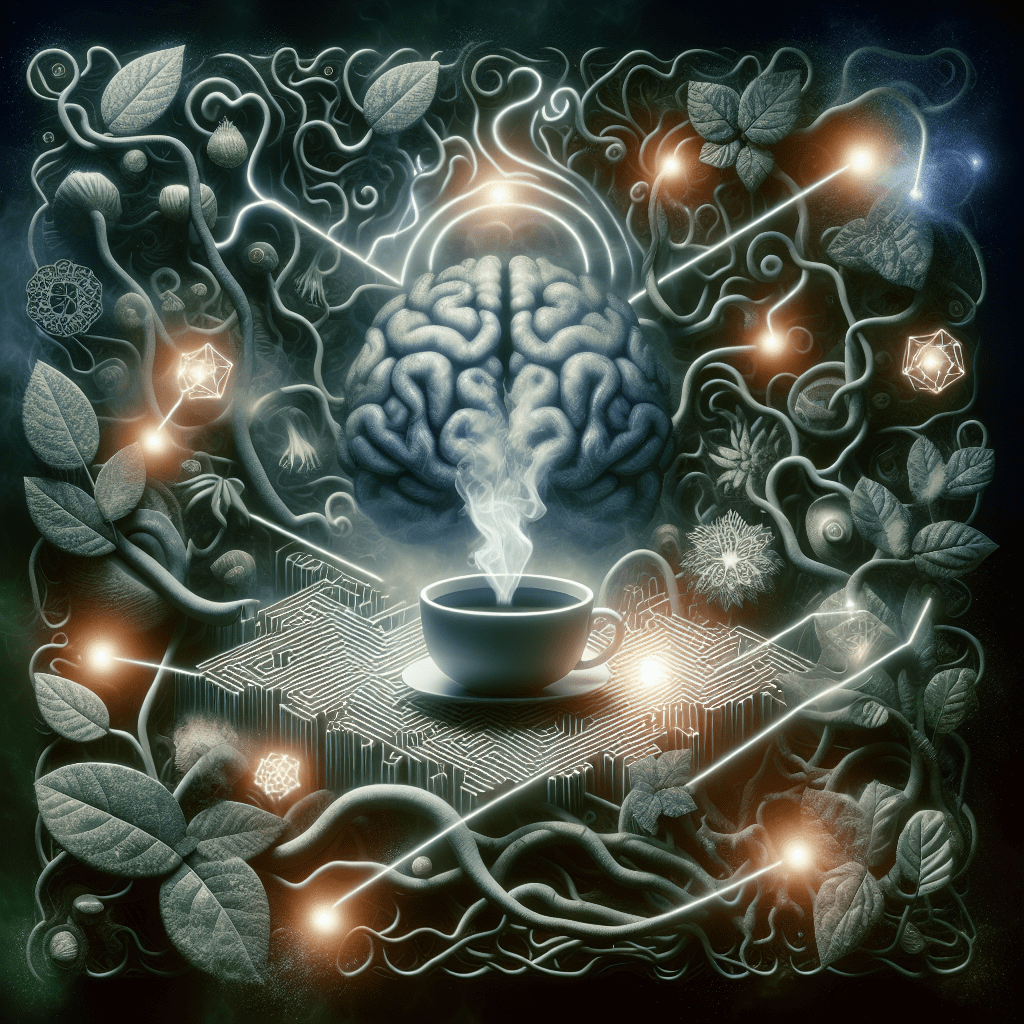
Navigating the Cognitive Jungle: Perspectives on Caffeine and Stimulants for Brain Boosting
Introduction: Brewing Up a Storm in the Brain Imagine this: It’s exam season, and sleep is a distant memory. You reach for your favorite coffee, hoping its bold aroma will jolt you into focus. Sound familiar? Most of us have turned to caffeine for a quick mental boost. But what happens when coffee isn’t enough? […]
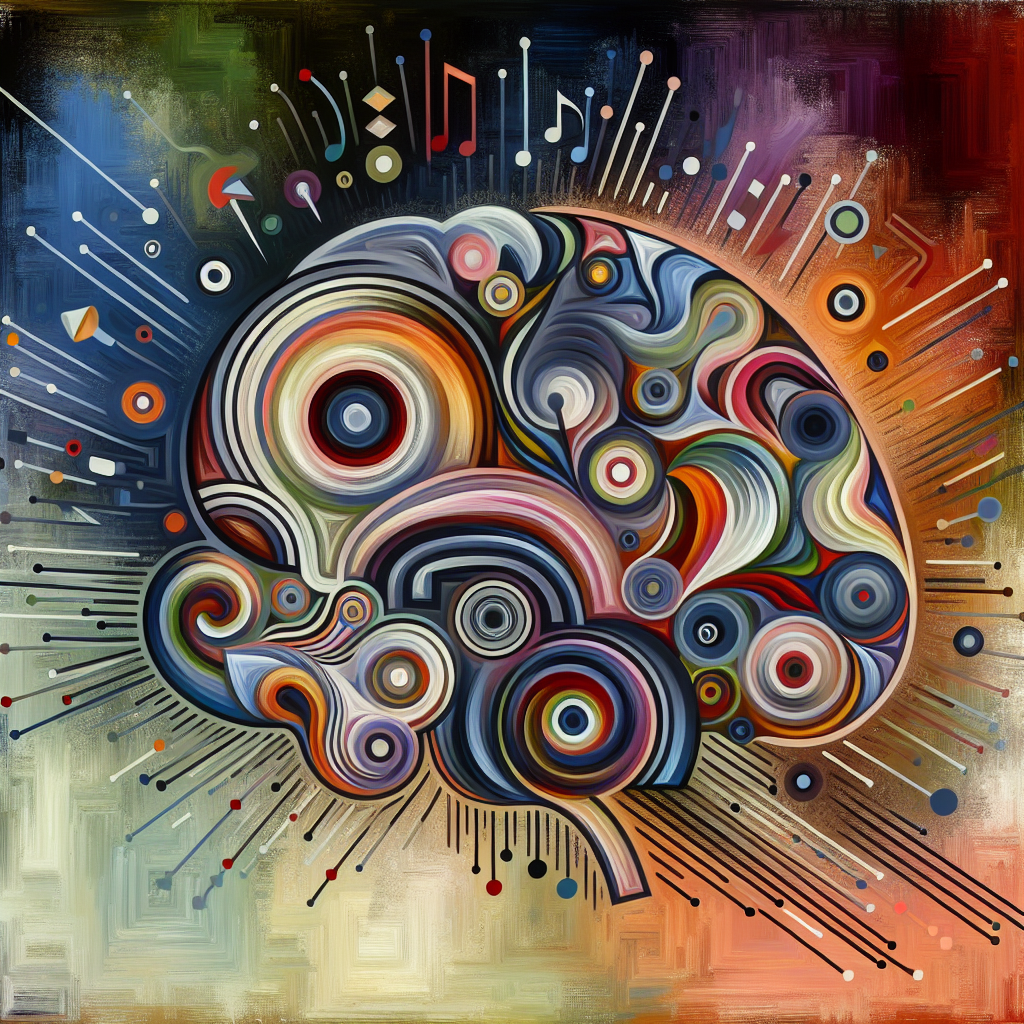
Sounds of the Spectrum: Exploring Auditory Cortex Responses in Children with Autism
Introduction: Unraveling the Mystery of Sound Sensitivity in Autism Imagine yourself at a bustling carnival. The sounds of joyful laughter, music blaring from speakers, and the clinking of game booths are a normal part of the experience for most people. Now, picture every sound turned up to an almost unbearable level—not through volume, but through […]
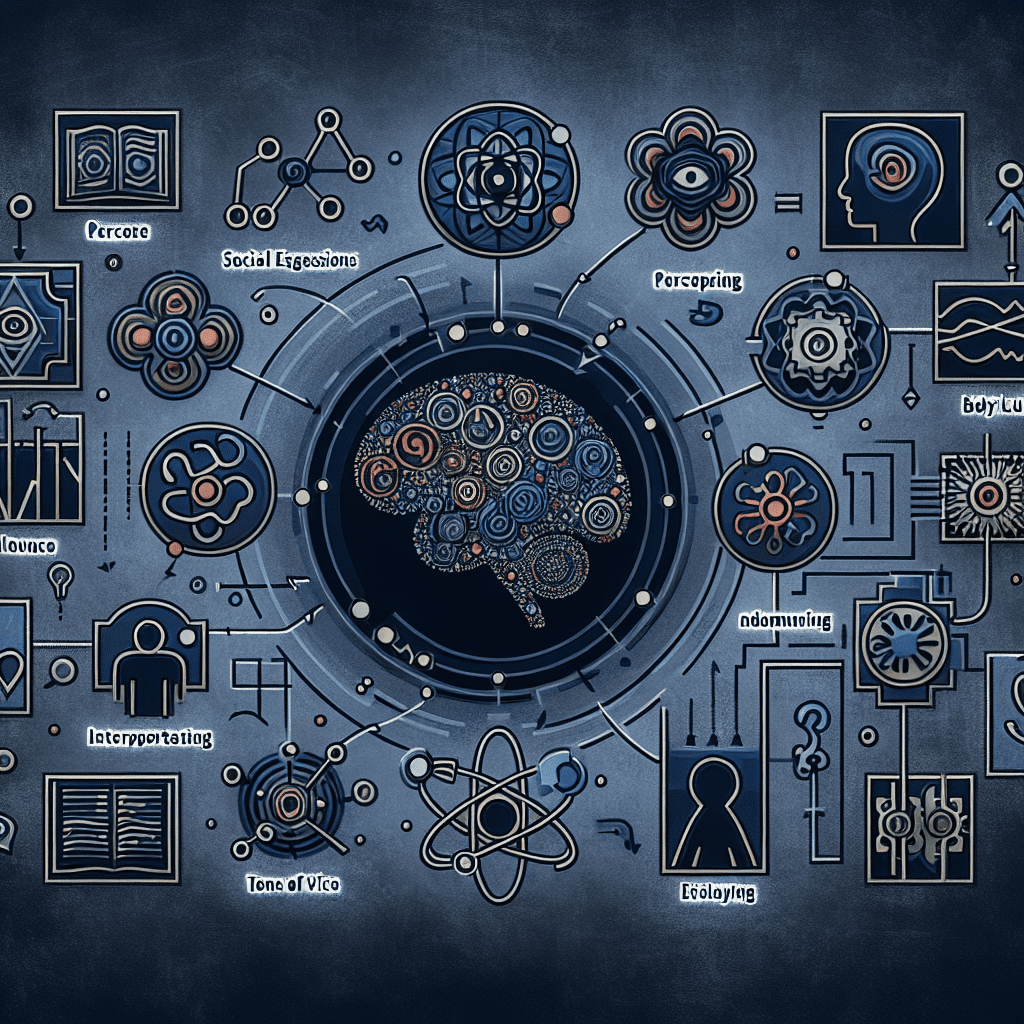
Decoding Autism: How Our Brains Judge Social Cues
Introduction: The Puzzle of the Autistic Mind Imagine trying to solve a complex puzzle where half of the pieces are missing. This is a bit like how some people with autism spectrum disorders (ASD) experience social interactions, particularly when faced with conflicting verbal and nonverbal cues. In a world that often communicates through facial expressions, […]

Unlocking New Paths for Managing ADHD in Children: Insights from the SOSTRA Trial
Introduction: Rethinking ADHD Treatments with Novel Approaches Attention Deficit Hyperactivity Disorder (ADHD) is a common neurodevelopmental disorder that affects numerous children globally, impacting their attention spans, self-control, and overall behavior. For many families, the journey to managing their child’s ADHD can seem like navigating through a labyrinth without a map. Questions often surface: “Is there […]
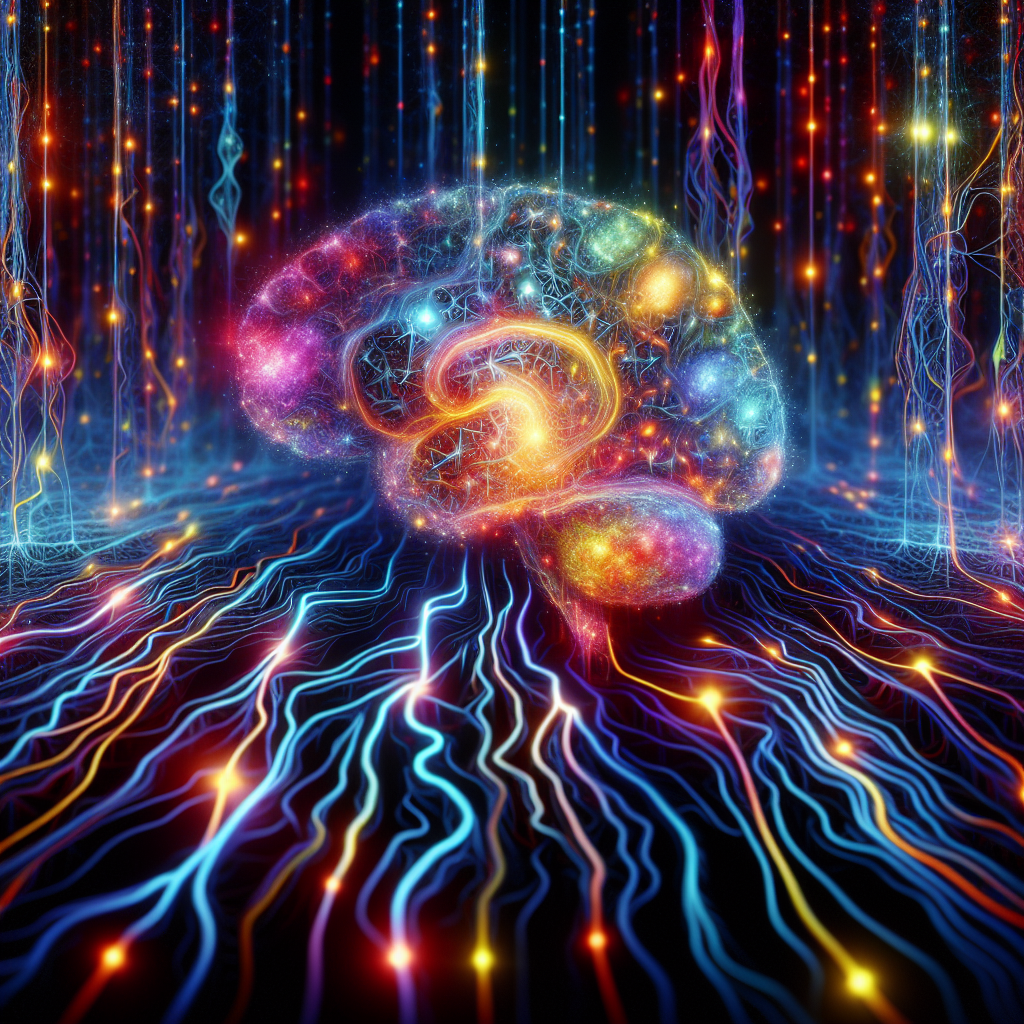
The Brain’s Unseen Patterns: Understanding Autism’s Electrical Signature
Introduction Have you ever wondered what goes on inside the mind of someone with autism? How early does the brain start showing signs that differentiate someone with autism from those without? Recent research is beginning to unlock these mysteries by looking at resting EEG power, a measure of the brain’s electrical activity. Think of it […]
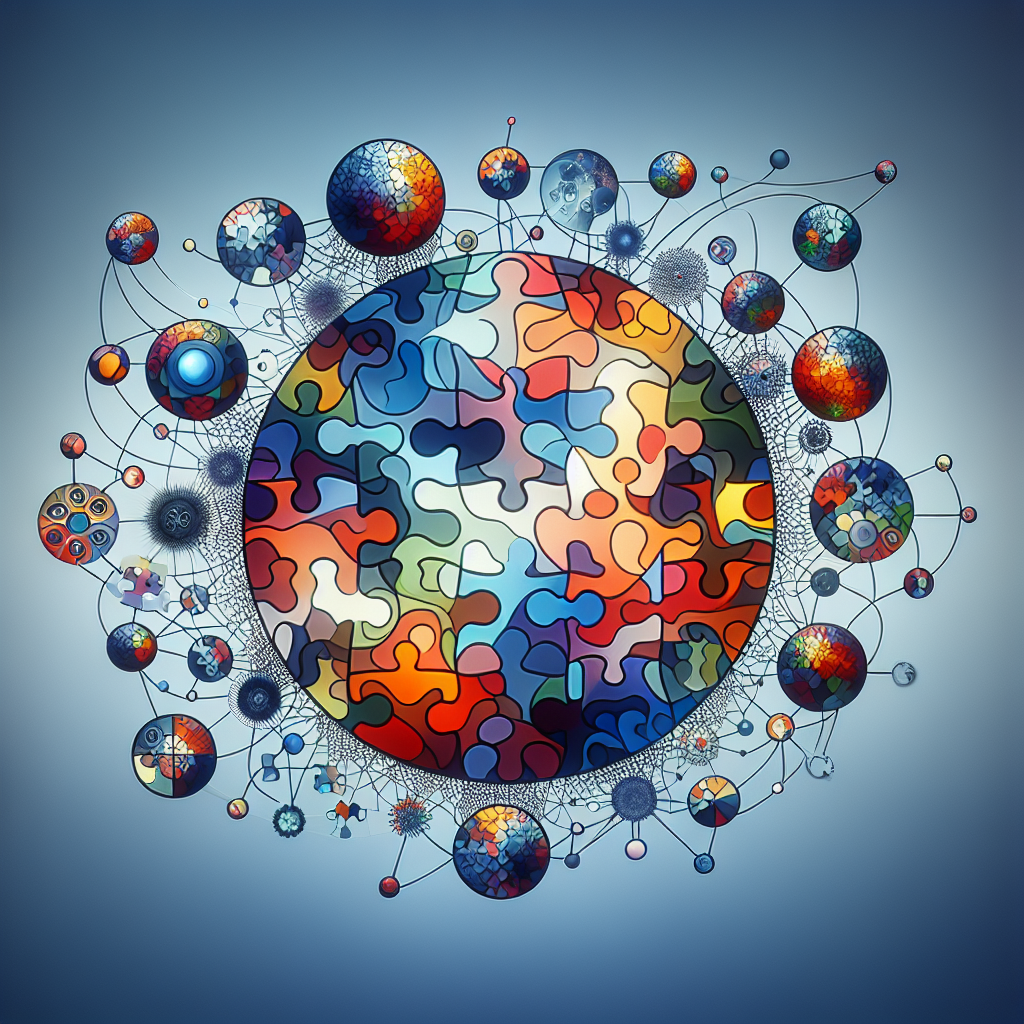
Connecting the Dots: Autism, Developmental Disorders, and the Way We Perceive the World
Introduction Take a moment to imagine walking through a bustling city filled with bright lights and loud noises. Some people might find this exhilarating, while others could feel overwhelmed. Our ability to process and integrate this sensory information plays a huge role in how we perceive and engage with the world around us. For individuals […]
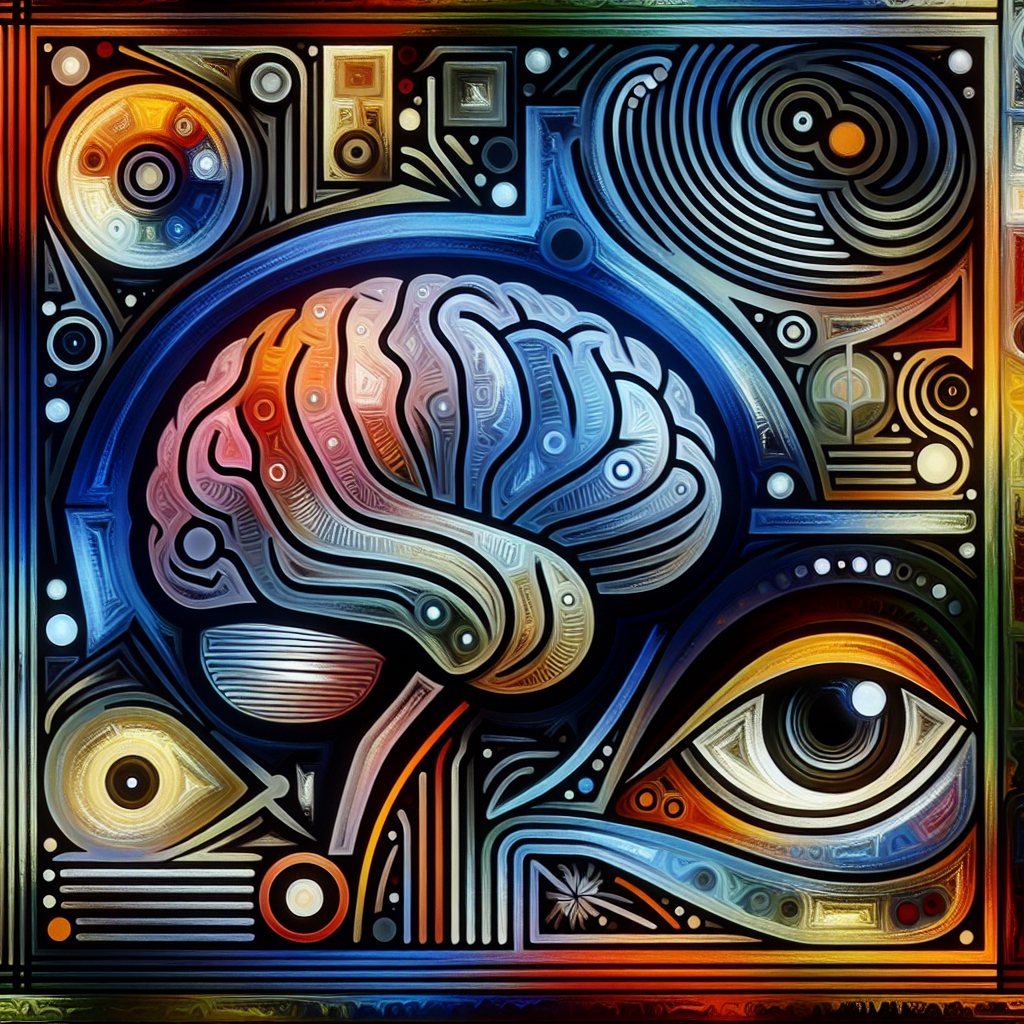
The Mysteries of Mind and Vision in Neurofibromatosis Type 1
Introduction Have you ever wondered how the brain perceives the world around us? Or why some people might struggle with simple visual tasks due to unseen neural differences? Imagine, for a moment, a world where something as straightforward as catching a ball or reading a book becomes a daunting challenge because of underlying neurological quirks. […]
